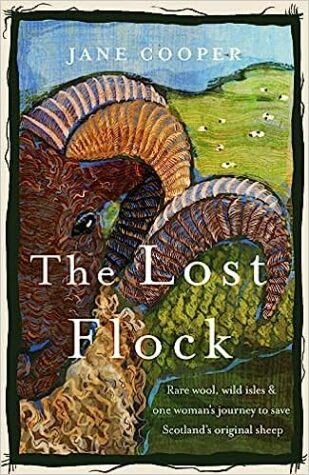 The Lost Flock: Rare Wool, Wild Isles and One Woman’s Journey to Save Scotland’s Original Sheep by Jane Cooper
The Lost Flock: Rare Wool, Wild Isles and One Woman’s Journey to Save Scotland’s Original Sheep by Jane Cooper Narrator: Jane Cooper
Published by Chelsea Green Press on 9/14/2023
Genres: History, Memoir, Nature
Format: Audiobook
Source: the library
Purchase: Amazon | Bookshop | Barnes & Noble | Audible | Chirp
Add to Goodreads

The Lost Flock is the story of the remarkable and rare little horned sheep, known as Orkney Boreray, and the wool-obsessed woman who moved to one of Scotland’s wildest islands to save them.
It was Jane Cooper’s passion for knitting that led her to discover the world of rare-breed sheep and their wool. Through this, Jane uncovered the ‘Orkney Borerary’ – a unique group within the UK’s rarest breed of sheep, the Boreray, and one of the few surviving examples of primitive sheep in northern Europe.
As her knowledge of this rarest of heritage breeds grew, she took the bold step to uproot her quiet suburban life in Newcastle and relocate to Orkney, embarking on a new adventure and life as farmer and shepherd.
Jane was astonished to find that she was the sole custodian of this lost flock in the world, and so she began investigating their mysterious and ancient history, tracking down the origins of the Boreray breed and its significance to Scotland’s natural heritage.
From Viking times to Highland crofts and nefarious research experiments in Edinburgh, this is a so-far untold real-life detective story. It is also the story of one woman’s relentless determination to ensure a future for her beloved sheep, and in doing so revealing their deep connection to the Scottish landscape.
An unforgettable story of a heritage breed and the importance of its existence.
The story of a rare breed of primitive sheep and the woman who shepherds them
As a spinner and knitter, I love learning about sheep and other animals from which we get fiber, particularly rare breeds of sheep. Of those, I’m especially interested in heritage and primitive breeds whose wool is distinct and different from the widely-available commercially-farmed breeds. . . sheep like Navajo-Churros, Shetland sheep, Icelandic sheep, and Soay sheep. That interest, and a Mid-Atlantic Fiber Association book club choice, led me to The Lost Flock: Rare Wool, Wild Isles and One Woman’s Journey to Save Scotland’s Original Sheep. I enjoyed Jane Cooper’s story of how she came to know and love the little Boreray sheep, a “primitive” breed that have been in Scotland and its islands probably since before the Viking age.
Like me, Cooper’s interest began because she was a knitter. Once she saw her first Boreray, she fell in love with the breed. She started out by trying to source, collect, and hand-sort enough Boreray fleece to have it commercially spun (about 20 kilos.) But as every fiber artist knows, one hobby leads to another. Around the same time, Jane had also fallen in love with the Orkney Islands. She and her husband decided to buy a house there, with a field so Jane could keep a small number of pet (nonbreeding) Borerarys for their fleece. When the couple from whom she bought those sheep decided to stop raising Borerarys, Jane ended up with their breeding animals as well, becoming, almost by accident, the shepherd and custodian of the Lost Flock. She began to research the history of the breed, and includes her research and findings in this book, along with her experiences as a shepherd and farmer committed to ecological diversity and the health of the land.
Parts of the book are wonderful and really drew me in, specifically the sections about Borerary sheep and their history, the Orkney landscape and biosphere, and the author’s experiences raising her flock. The stories she tells about her sheep and their behaviors are sometimes touching, sometimes amusing, and always interesting. And her descriptions of the land had me wishing I could visit Orkney, as much for the beauty and history of the islands as to see these hardy little sheep.
Unfortunately, sections of the book bog down in too much dry detail regarding flock registries and missing records, as well as a blow-by-blow account of the difficulties encountered after the local abattoir was shut down. The book’s pacing and broader interest would have benefitted from condensing or summarizing these themes, with the details included in appendices for use by future researchers. It’s these sections that led me to drop my rating from a 4.5 to a 3.5.
I would have liked more about the history of sheep in the Highlands and Islands prior to the Clearances, particularly with a focus on the people who depended on these animals. I also wished for more stories about the other people now raising Borerarys in the Orkneys; I wanted to learn what led each of them to take on a flock, and to see how their land and practices are similar to and different from Cooper’s.
Unlike Jane Cooper, I’m never going to become a shepherd. While I love learning about different breeds and spinning their wool, I’m not a farmer or outdoorswoman at heart. But I’m glad to have read Jane’s story, and to have met (if only virtually) these tough, charming, independent little Borerarys. Someday, I hope to find some of their fleece to spin. Meanwhile, I’ll just enjoy knowing that someone loves these little sheep so much that she has worked tirelessly to care for, protect, and promote not only her own animals but the whole breed.
NOTE: The publisher’s synopsis is a little misleading. There were, and still are, other small flocks of Boreray sheep in Britain, all bred from a small number of sheep taken for research from the island of Boreray in the 1970s. The island, part of the St. Kilda archipelago west of the Hebrides, is still home to a feral population of around 400 (at last count; I’m not sure how recent that figure is.) What is unique about Cooper’s Boreray sheep is that they descend not from the small numbers of registered Borerays found elsewhere in Britain, who trace their ancestry to the research institute’s original flock of 6 sheep, but from an unregistered flock or flocks in the Scottish Highlands: the “Lost Flock” of the title. The author’s flock, and those descended from her animals, are now designated “Orkney Boreray” because they live exclusively on the Orkney Islands.
Challenges: Audiobook Challenge 2025; COYER 2025: Out to Lunch; Library Love Challenge 2025. Note: I borrowed the audiobook from the library via Hoopla.
Reading this book contributed to these challenges:
- Audiobook Challenge 2025
- COYER 2025: Out to Lunch
- Library Love Challenge 2025


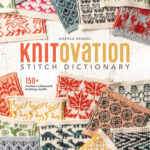






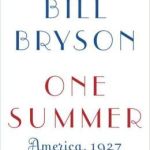
























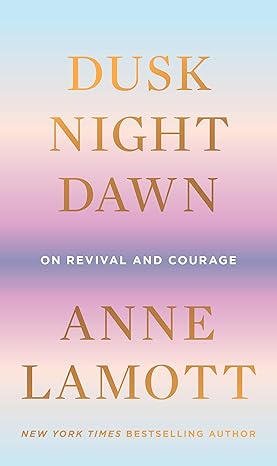
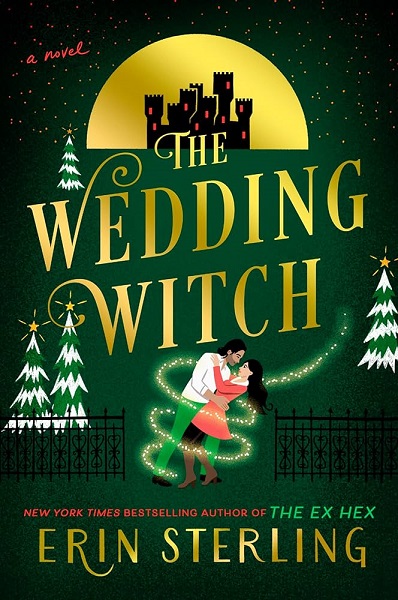









Anne - Books of My Heart
Interesting read! Thanks for sharing.
Anne – Books of My Heart recently posted…🎧 The Wraith King by Juliette Cross @Juliette__Cross @troyduran @MegSylvan #PodiumAudio #LoveAudiobooks #KindleUnlimited @RobinBridgeFour
Nicole @ BookWyrmKnits
I also love learning about sheep! It sounds like this book is one that would benefit from reading the print version, where you could more easily skim the dry parts about the flock registries. Thanks for the review!
Nicole @ BookWyrmKnits recently posted…Cookbook Review: Smitten Kitchen Every Day (Deb Perelman)